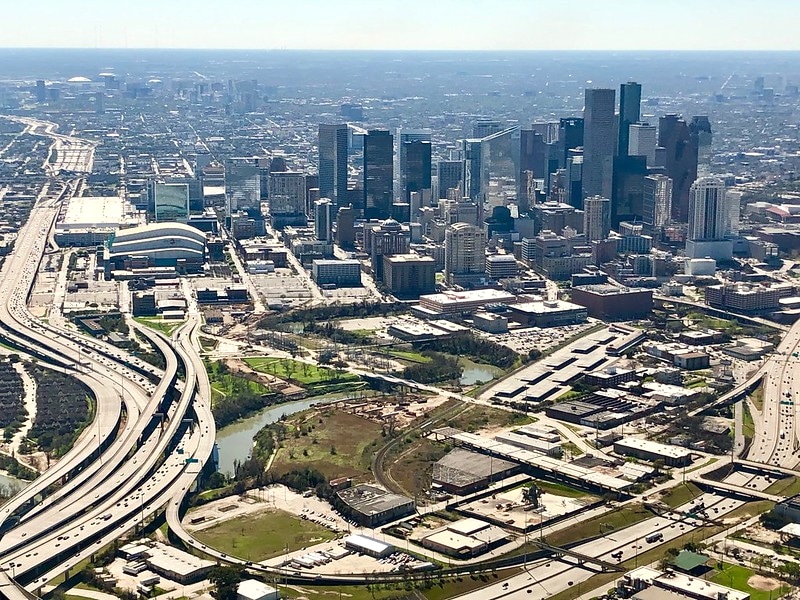This post was originally published on Eco Watch
In a new study, scientists tested soil samples from residential and play areas in the Greater Fifth Ward, a neighborhood of Houston, Texas and found high concentrations of lead.
The researchers tested for heavy metals and metalloids, such as lead, arsenic and mercury. While the levels for most of the heavy metals and metalloids appeared in line or lower than usual for urban locations, the average amount of lead was higher than the typical amount of lead present in soil in Texas. The team published their findings in Journal of Exposure Science & Environmental Epidemiology.
The scientists found a median of 400 milligrams of lead per kilogram of soil in seven samples from play areas and 1,200 milligrams per kilogram in three residential soil samples. But the actual amount of lead could be even higher, as the team did not account for lead-based paint or vehicle fuel.
“Heavy metals and metalloids have been extensively studied and regulated over the past 50 years, but evidence is growing that contact is more prevalent than previously thought, especially in so-called cancer clusters like the Greater Fifth Ward, where most residents are socioeconomically disadvantaged racial and ethnic minorities,” Dr. Garett Sansom, an author of the study and research assistant professor at the Texas A&M School of Public Health, said in a statement.
Downtown Houston and the Greater Fifth Ward seen on Feb. 24, 2019. Adam Reeder / Flickr
For the study, researchers partnered with Coalition of Community Organizations and IMPACT GFW and worked with local residents to conduct the testing. They collected 193 soil samples and tested them for lead, barium, chromium, arsenic, cadmium, selenium, mercury and silver. Lead, barium and chromium had the highest concentrations, but only lead was at a higher level than expected for a city.
As reported by Houston Landing, the Greater Fifth Ward neighborhood is part of a “cancer cluster” area with contaminated soil and groundwater that has exposed residents to higher risks of cancer and other diseases for decades.

In 2023, Houston officials passed a $5 million plan to offer money to residents in the area to voluntarily relocate, because of 110 houses near the former Union Pacific Railroad site. But as Houston Landing reported, development in the Greater Fifth Ward has still pushed forward, and many residents are moving to the area with no warning of the contamination.
Researchers and community members worked together to create mailers that were sent to residents to inform them of the study results, and a town hall also notified residents and provided more information.
In concluding the study, researchers warned that the high concentrations of lead discovered in the samples require a deeper investigation, and they highlighted the importance of working with the community to do this work.
“This study provided a baseline that could aid the development of environmental protection programs,” Sansom said. “In addition, the involvement of community partners was critical to its success and should be used as a model for future research with vulnerable populations and other direct stakeholders.”
The post Soil Samples Reveal High Lead Levels in Houston’s Greater Fifth Ward Neighborhood appeared first on EcoWatch.





0 Comments